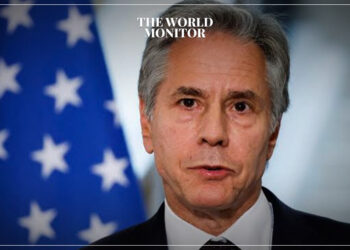Algeria is set to enhance its water supply infrastructure by building six new solar-powered desalination plants, as part of a strategic shift towards using renewable energy sources for desalination operations.
This initiative was detailed by Mohamed Boutabba, the general manager of the Algerian energy company, in an interview with Al Sharq.
Boutabba explained that the construction of the six plants, which will collectively produce about 1.8 million cubic meters of water daily, is planned to start in 2025 with operations expected to begin between 2027 and 2028. This project is part of the “Second Supplementary Program for Sea Water Desalination.”
The new facilities will add to the current production of 2.1 million cubic meters, raising the contribution of desalinated water in meeting the nation’s drinking water needs from 18% to 42%.
The first supplementary program, already underway, includes the construction of five desalination plants scheduled to commence operations in December 2024, producing 1.5 million cubic meters daily.
With these two programs completed, Boutabba projects Algeria’s desalination capacity will increase to 5.4 million cubic meters daily by 2028, significantly alleviating the country’s water scarcity issues exacerbated by climate-induced drought.
The total investment for the water desalination sector is estimated at about $4.5 billion, funded by the government and implemented by Algerian state companies.
Boutabba emphasized that the desalinated water would be sold at the current subsidized state prices, and he dismissed concerns about the impact of these energy-intensive plants on Algeria’s oil and gas exports.
He assured that hydrocarbon production would not be affected, projecting annual growth of 1% to 2%.
In an innovative move toward sustainable energy, Boutabba mentioned the possibility of using nuclear power for future desalination efforts.
However, the immediate plan is to integrate solar power to cut desalination costs, estimating that a plant with a production capacity of 300,000 cubic meters would save about 30% in costs by generating the necessary 40 to 45 megawatts daily over an area of 30 to 40 hectares.
Additionally, Boutabba highlighted that the increased production from these desalination plants would not only meet about 60% of the population’s drinking water needs but also provide substantial quantities for agricultural use.
This is crucial as Algeria currently relies on dams and wells for 82% of its drinking water, with the remainder coming from desalinated sources.
By 2030, as the population is expected to reach 50 million, Algeria’s total water needs are projected to rise to 12.9 billion cubic meters, highlighting the critical importance of expanding and modernizing its water infrastructure.






